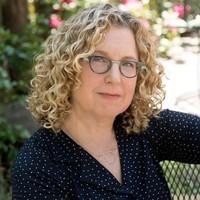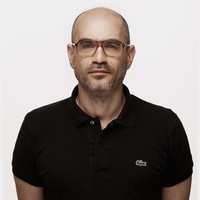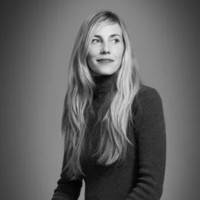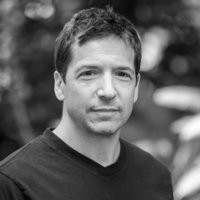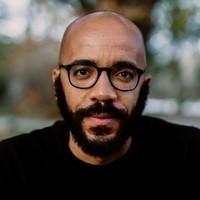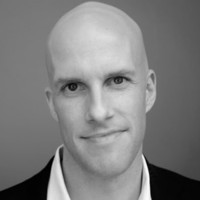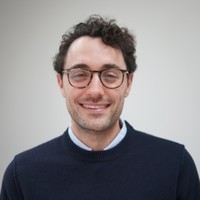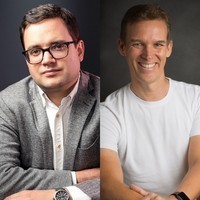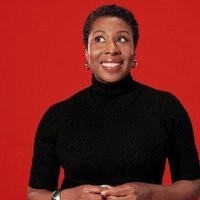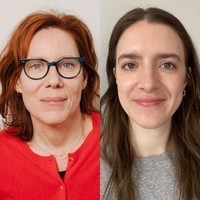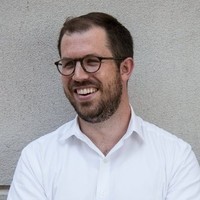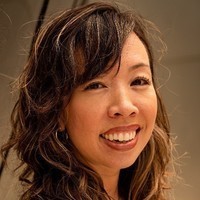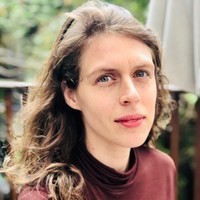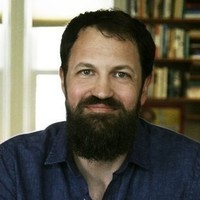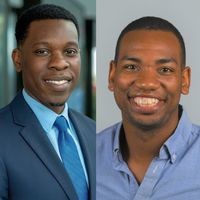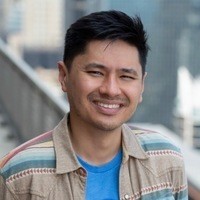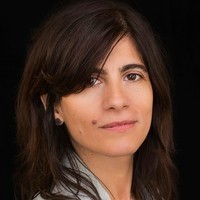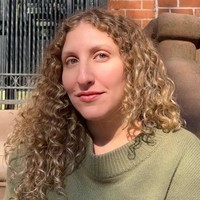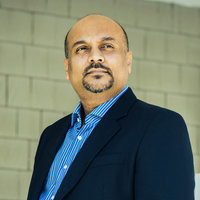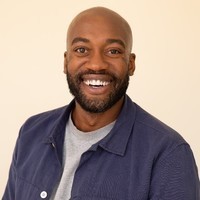Delia Cai is the senior vanities correspondent for Vanity Fair and publishes the media newsletter Deez Links. Her debut novel Central Places is out this week.
“This was in like, 2011, where I think actual journalists were still trying to figure out ‘Is it gross to be a brand?’ And at least in school, they were all about it. They’re like, ‘You need a brand, you need to think about what your niche is going to be, you need to think about engaging your audience.’ We had to make websites, we had to blog, and of course, all of us being college students, we started using our blogs to write about each other. We used Twitter to talk shit about each other in a very thinly veiled way. So really, it was the best training for being online.”

